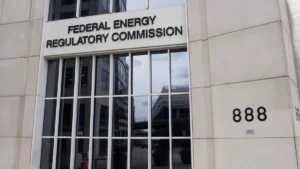The Federal Energy Regulatory Commission (FERC) cannot legally justify its about-face on a Southwest Power Pool (SPP) plan to regionally allocate the costs of transmission projects within the grid operator’s 14-state footprint, the D.C. Circuit heard on Thursday. The “FERC Grid Plan Backtrack” has spurred a heated legal battle, with critics asserting that the commission’s reversal flouts established energy cost principles.
Electric cooperatives Sunflower Electric Power Corp. and Midwest Energy Inc. argued that FERC’s retroactive rejection of SPP’s plan in July 2023—just nine months after approving it—abandoned core cost-causation principles embedded in the Federal Power Act. These principles mandate that the costs charged to transmission customers should align closely with the benefits they receive. By reversing course, the co-ops allege that FERC acted unfairly and inconsistently with federal energy law.
FERC’s Mootness Argument Challenged by Co-ops
In its defense, FERC claims that neither cooperative has standing to challenge the decision. It argues that Midwest Energy has not demonstrated that it owns any of the “byway” transmission facilities affected by the decision. As for Sunflower, FERC points to its recent separate approval of four Sunflower projects as a reason to dismiss their challenge. However, the co-ops rebutted this in a Thursday reply brief, asserting that FERC’s argument is more about mootness than standing—and that the agency’s reasoning is flawed regardless.






